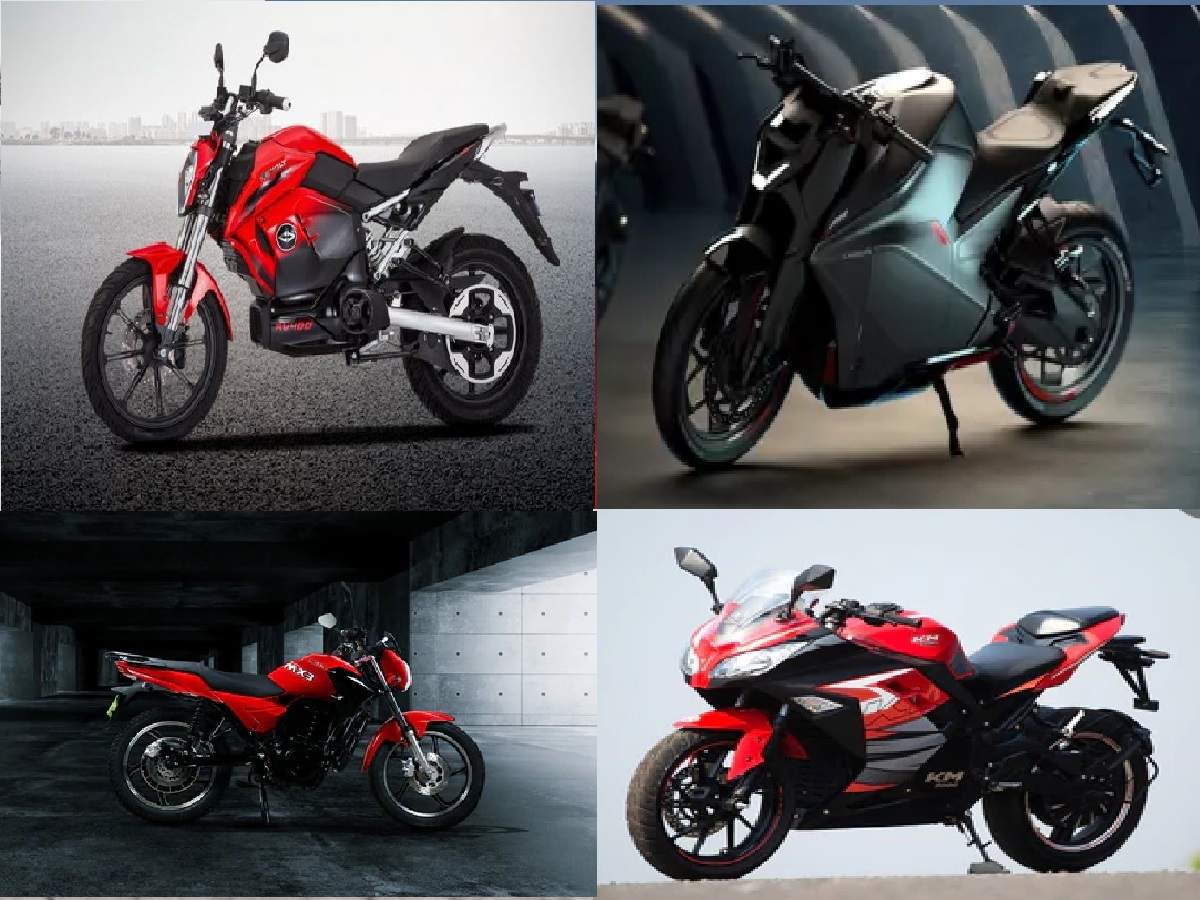The Electric Bikes (e-bikes) market has been rapidly growing in recent years, with more and more people opting for a more sustainable and eco-friendly mode of transportation. The global e-bike market was at a CAGR of 4.7% during the forecast period 2017 t0 2022. This growth is driven by several factors, including increasing concerns about air pollution, government initiatives to encourage sustainable transportation, and the growing popularity of e-bikes as a more convenient and cost-effective mode of transportation.
E-bikes are bicycles that are equipped with an electric motor and a battery, which assist the rider’s pedaling. The motor provides extra power, making it easier for riders to travel uphill or against strong headwinds. E-bikes are a more eco-friendly and sustainable mode of transportation than traditional gasoline-powered vehicles, as they produce no emissions and use renewable energy sources.
One of the major advantages of e-bikes is that they offer a more convenient and cost-effective mode of transportation compared to traditional bicycles or cars. E-bikes can help riders cover long distances quickly and easily, without the need for a car or public transportation. Additionally, e-bikes can save riders money on transportation costs, as they require no fuel and have lower maintenance costs than traditional vehicles.
The e-bike market has also witnessed significant technological advancements, such as the development of more efficient batteries, longer ranges, and lighter frames. The advancements in battery technology have been one of the key drivers of the growth of the e-bike market. Lithium-ion batteries are widely used in e-bikes due to their high energy density, long life span, and low maintenance requirements.
Request For The Sample Copy of The Report @ https://www.persistencemarketresearch.com/samples/18565
Governments around the world are also promoting the adoption of e-bikes as a more sustainable mode of transportation. Many governments have introduced incentives to encourage the adoption of e-bikes, such as tax rebates, subsidies, and investment in infrastructure. For example, in the Netherlands, the government provides tax incentives for e-bike purchases and has invested in cycling infrastructure to encourage more people to use e-bikes.
However, there are still some challenges that need to be addressed in the e-bike market. One of the major challenges is the lack of regulations around e-bike use, particularly around speed limits and safety standards. Additionally, the high cost of e-bikes can be a barrier to adoption for some consumers.
Despite these challenges, the future of the e-bike market looks promising. The increasing demand for sustainable and eco-friendly transportation, technological advancements, and government initiatives are all driving the growth of the market. As the e-bike market continues to grow and evolve, it has the potential to revolutionize the transportation industry and create a more sustainable future.












